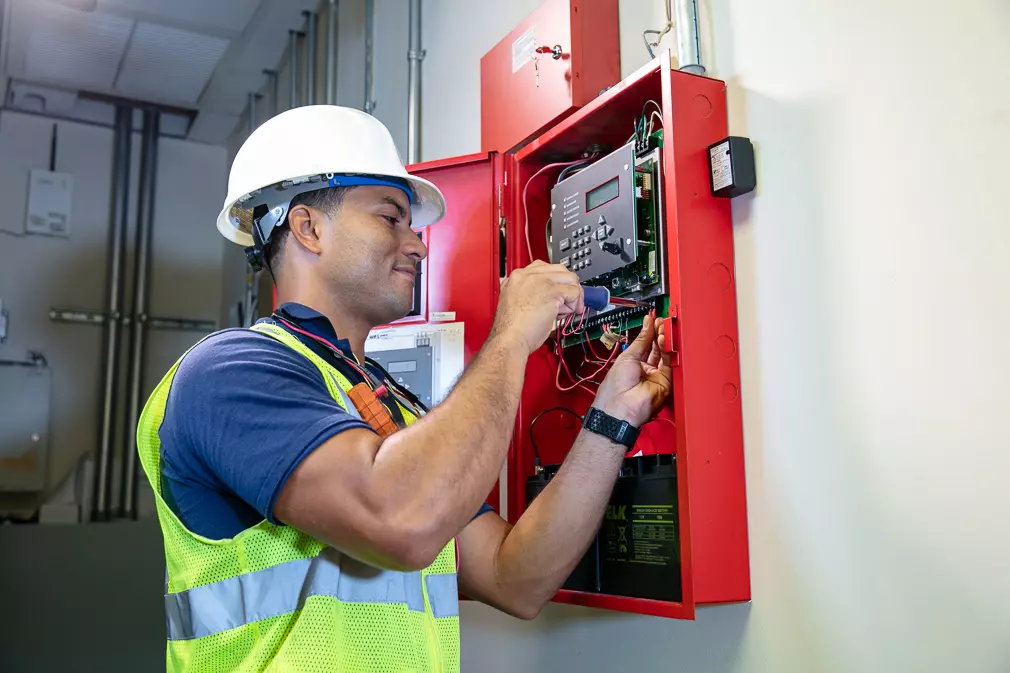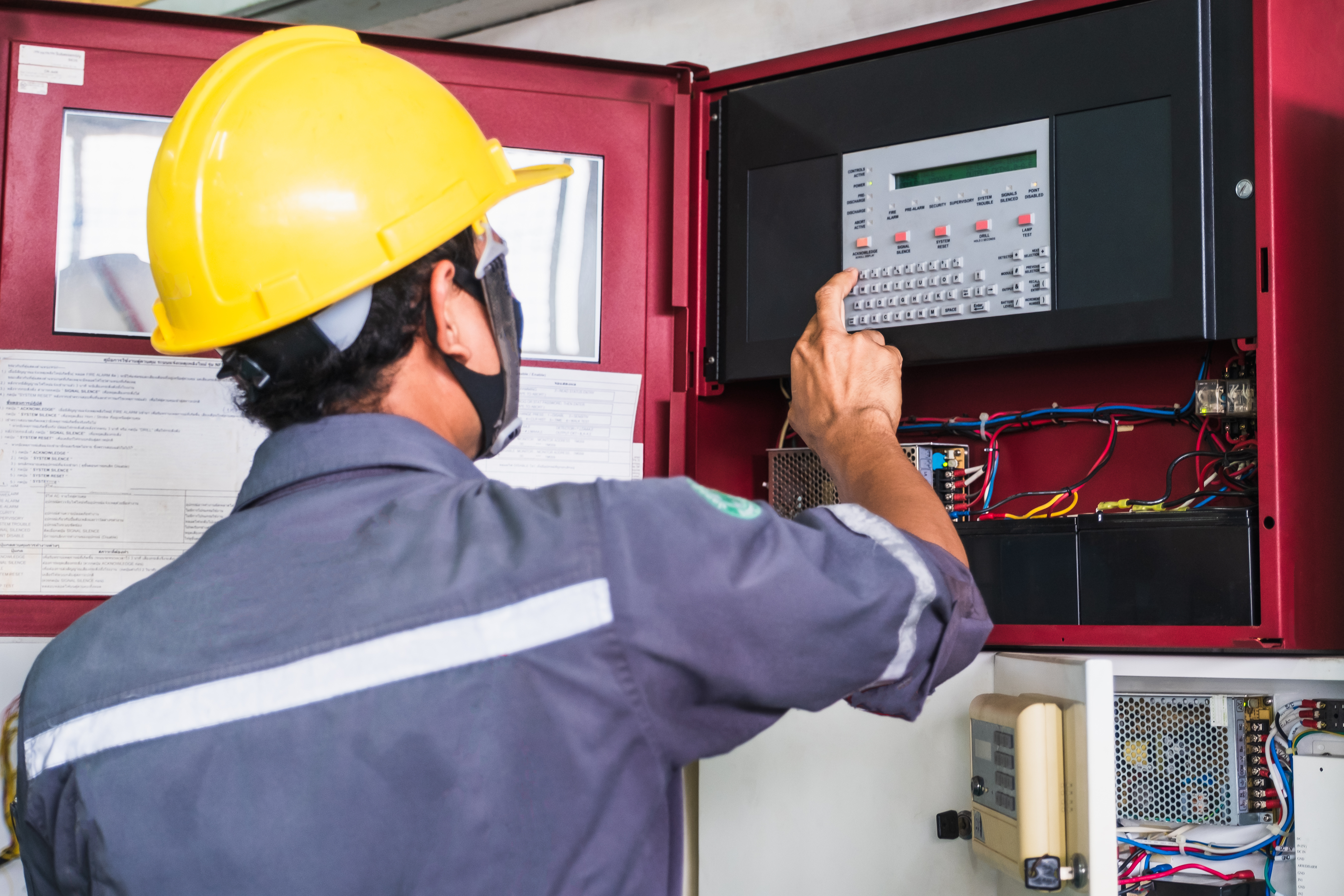
While fire-panel maintenance is essential for ensuring the proper functioning of fire alarm systems and enhancing overall fire safety, it’s important to be aware of potential drawbacks and risks associated with this process. Being informed allows you to mitigate these concerns effectively. Here are some potential drawbacks and risks of fire panel maintenance:
**1. Service Interruptions:
During maintenance, the fire alarm system may be temporarily disabled or put on test mode, leaving the premises vulnerable to undetected fire events.
**2. System Downtime:
In some cases, maintenance may require shutting down the fire alarm system, potentially leaving the property without active fire detection during this period.
**3. Human Error:
Improper maintenance procedures or errors by technicians could lead to malfunctioning or inaccurate fire alarms when needed the most.
**4. False Alarms:
Inadequate maintenance can result in false alarms, which may disrupt business operations, lead to complacency among occupants, and strain emergency response resources.
**5. Inadequate Testing:
If maintenance personnel fail to conduct comprehensive testing, critical components or devices might remain undetected and malfunction during an actual emergency.

**6. Compatibility Issues:
During maintenance, updates or changes could inadvertently create compatibility issues between the fire panel and connected devices.
**7. Unforeseen System Changes:
Maintenance might lead to unexpected system changes, settings, or configurations that impact the performance or reliability of the fire alarm system.
**8. Cost and Resources:
Maintenance expenses can accumulate over time, especially if unexpected repairs or replacements are required, affecting the budget.
**9. Contractual Concerns:
Choosing an unreliable maintenance provider could result in inadequate service, contractual disputes, or inconsistent compliance with safety standards.
**10. Neglect of Regular Maintenance:
– Failing to schedule routine maintenance can lead to gradual system deterioration, reduced effectiveness, and increased risks during emergencies.
**11. Occupant Awareness:
– Occupants might become complacent about fire safety if they perceive that the system is frequently undergoing maintenance, leading to reduced vigilance.
**12. Inconvenience and Disruption:
– Maintenance activities may disrupt regular business operations, causing inconvenience and potentially affecting productivity.
**13. Legal and Regulatory Compliance:
– Inadequate or improper maintenance can result in non-compliance with fire safety regulations and legal liabilities.
Conclusion:
While fire panel maintenance is critical for ensuring the optimal performance of fire alarm systems, understanding potential drawbacks and risks helps you make informed decisions and mitigate these concerns effectively. Selecting a reputable and experienced maintenance provider, scheduling maintenance during off-peak hours, and ensuring comprehensive testing can help minimize these risks and enhance the overall fire safety of your premises.






